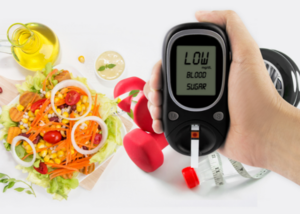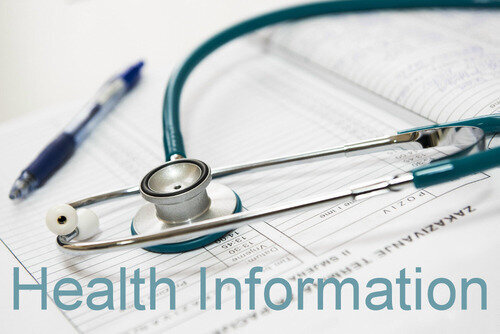Diabetes is a lifelong condition that causes a person's blood sugar level to become too high. There are two main types of diabetes – type 1 and type 2. Type 2 diabetes occurs when the body doesn't produce enough insulin to function properly, or the body’s cells don't react to insulin.
Read More about Type 2 diabetes 








